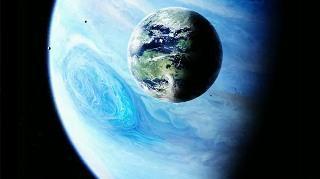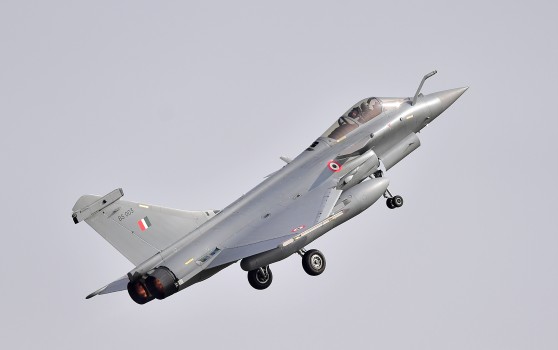
WASHINGTON (PTI): Move over exoplanets, exomoons may also harbour life!
Moons in close binary solar systems have a better chance of hosting life than those in single-star systems, an exciting new study has found.
Binary stars dampen each other's solar radiation and stellar winds, thereby creating a more hospitable environment for life and increasing the habitable zone around such solar systems, researchers said.
"The two stars calm each other down in terms of activity," Paul Mason, an astrophysicist at the University of Texas at El Paso told Astrobiology Magazine.
The study used data collected by NASA's Kepler spacecraft mission to discover potentially habitable exoplanets in our region of the Milky Way galaxy.
Sun-like stars are always better, when it comes to potentially habitable exomoons, researchers believe.
"The ideal circumstance is solar twins," Mason said.
Simply adding a sun-like star to the mix improves the chances for life.
"Solar-type stars with companions work really well. They work better than our own solar-type star without a companion," Mason said.
Although more than a thousand planets have been found outside of our solar system, as well as a host of candidates waiting for follow-up observations, no moons have yet been confirmed, said researchers.
The study was presented at the 223rd American Astronomical Society meeting in January.
 Previous Article
Previous Article Next Article
Next Article













The Indian Air Force, in its flight trials evaluation report submitted before the Defence Ministry l..
view articleAn insight into the Medium Multi-Role Combat Aircraft competition...
view articleSky enthusiasts can now spot the International Space Station (ISS) commanded by Indian-American astr..
view article